- All posts
- aizome
- aizome bedding
- allergies
- badskin
- beach clean
- bed
- bedding
- bedroom
- better sleep
- biomimicry
- blockprint
- certification
- chemicals
- child
- cloth chemicals
- clothes
- clothing
- cotton
- craft
- craftsman
- da vinci
- detergents
- dye
- dyeing
- earth day
- eczema
- Environment
- fabric
- fascinating
- health
- history
- indigo
- indigo dye
- indigo pigment
- japan
- laundry
- laundry tips
- love lettter
- microplastics
- natural dye
- natural dyeing
- natural dyes
- natural textile
- organic
- organic detergent
- organic dyes
- performance fabric
- plastics
- pollution
- polyester
- sensitive skin
- skin
- skin-soothing
- skincare
- Sleep
- sleeping tips
- smell
- story
- sustainability
- sweat
- synthetic
- textile
- textile industry
- toxic
- toxic chemicals
- toxic fabrics
- true
- TSW
- Turtles
- virtual dyeing
- water
- water shortage

Reflecting on #PlasticFree July: Synthetics Are More Sustainable than Natural?
The ties between the textile industry and the petrochemical industry are woven with synthetic fibers, dyes, and treatments -- all derived from petrochemicals. This relationship has driven significa...

What's Up with Organic Cotton and Plastic Pollution?
#PlasticFreeJuly is a global movement encouraging the reduction of plastic use and waste. While many associate plastics with bottles and bags, the textile industry is a major contributor to plastic...

Hidden In Plain Sight: What to know about PFAS and Endocrine Disruption
PFAS as Endocrine Disruptors in Textiles Textile is a celebration of human creativity, often expressed through color and radical design. Synthetic chemicals have ushered in many textile innovations...

#corecore, but make it Fashion (industry, that is)
There is an absence of belonging that echoes around the world. A hunger for the happiness we were promised, if we just dressed, walked, and talked the right way. But beyond our screens, our loved ...

Wash It Right! What to Know About Detergents
The massive amounts of chemicals of various sorts that make up the ingredient list of laundry detergents aren't just bad for you, they're terrible for the environment as well, and not just in terms...

Dyeing for the Future: Confronting Water Risks in the Textile Industry
Research shows that about 425,000,000 gallons of water are being used daily in the manufacture of textiles in India alone, with 500 gallons being used to produce a single pair of jeans. A lot of dy...

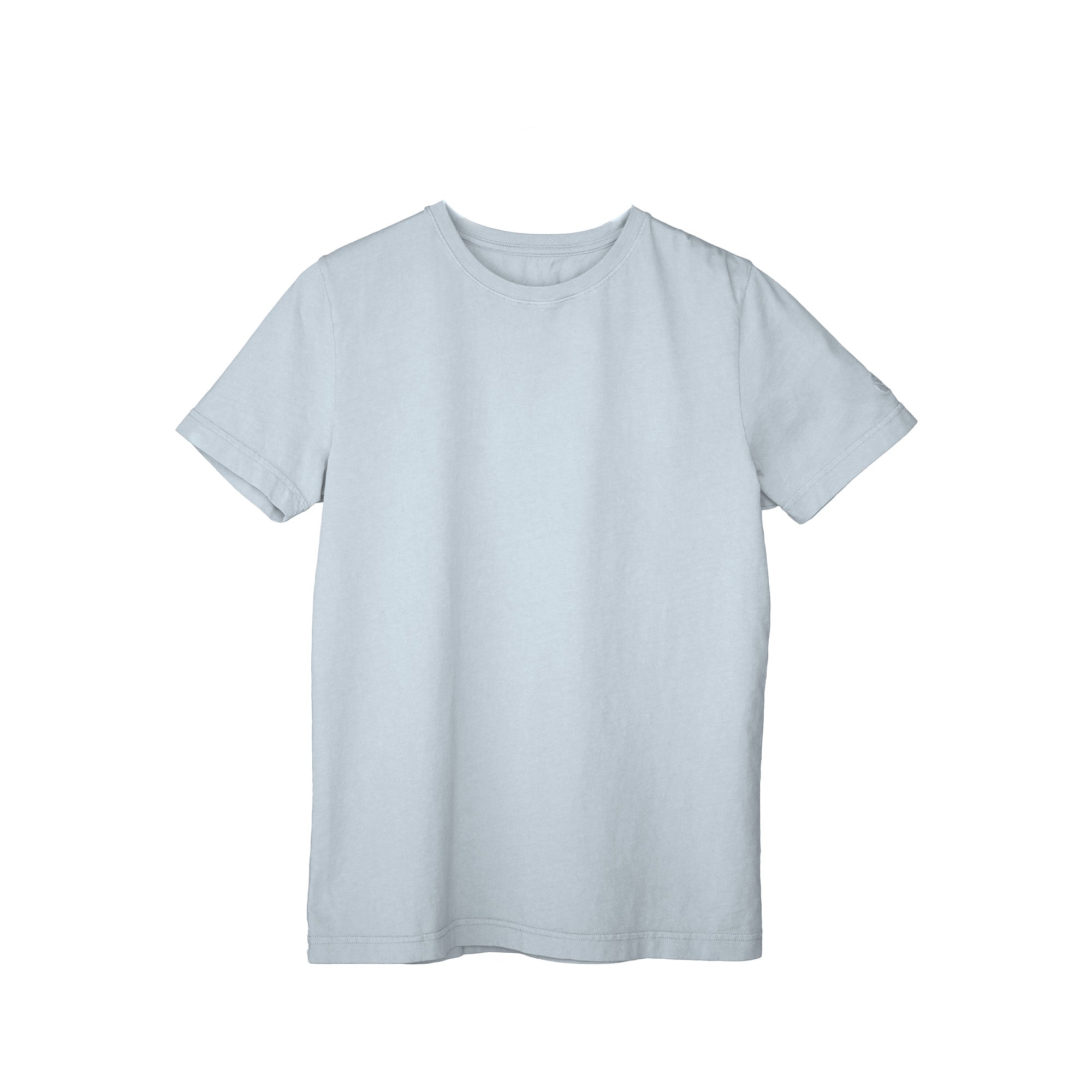

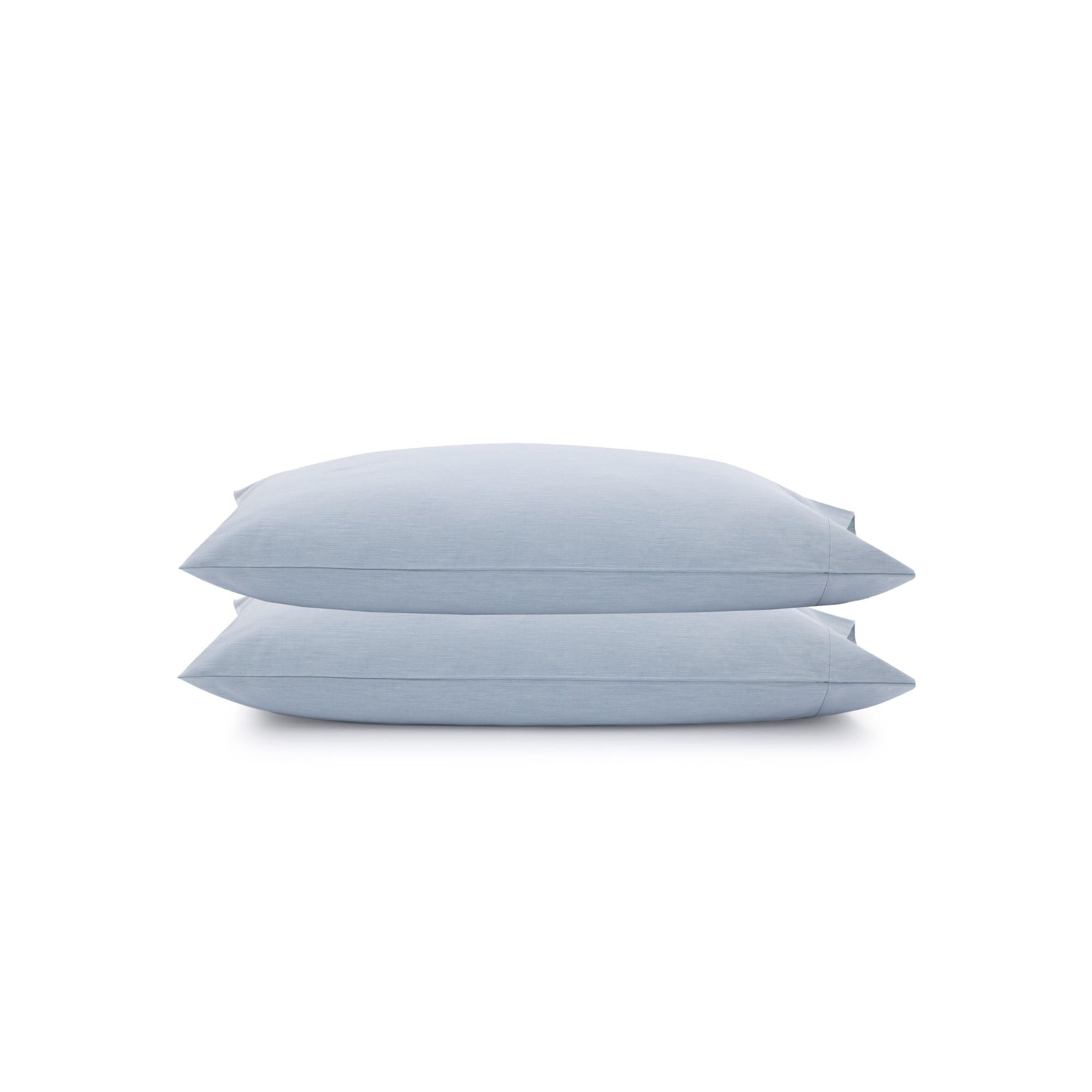
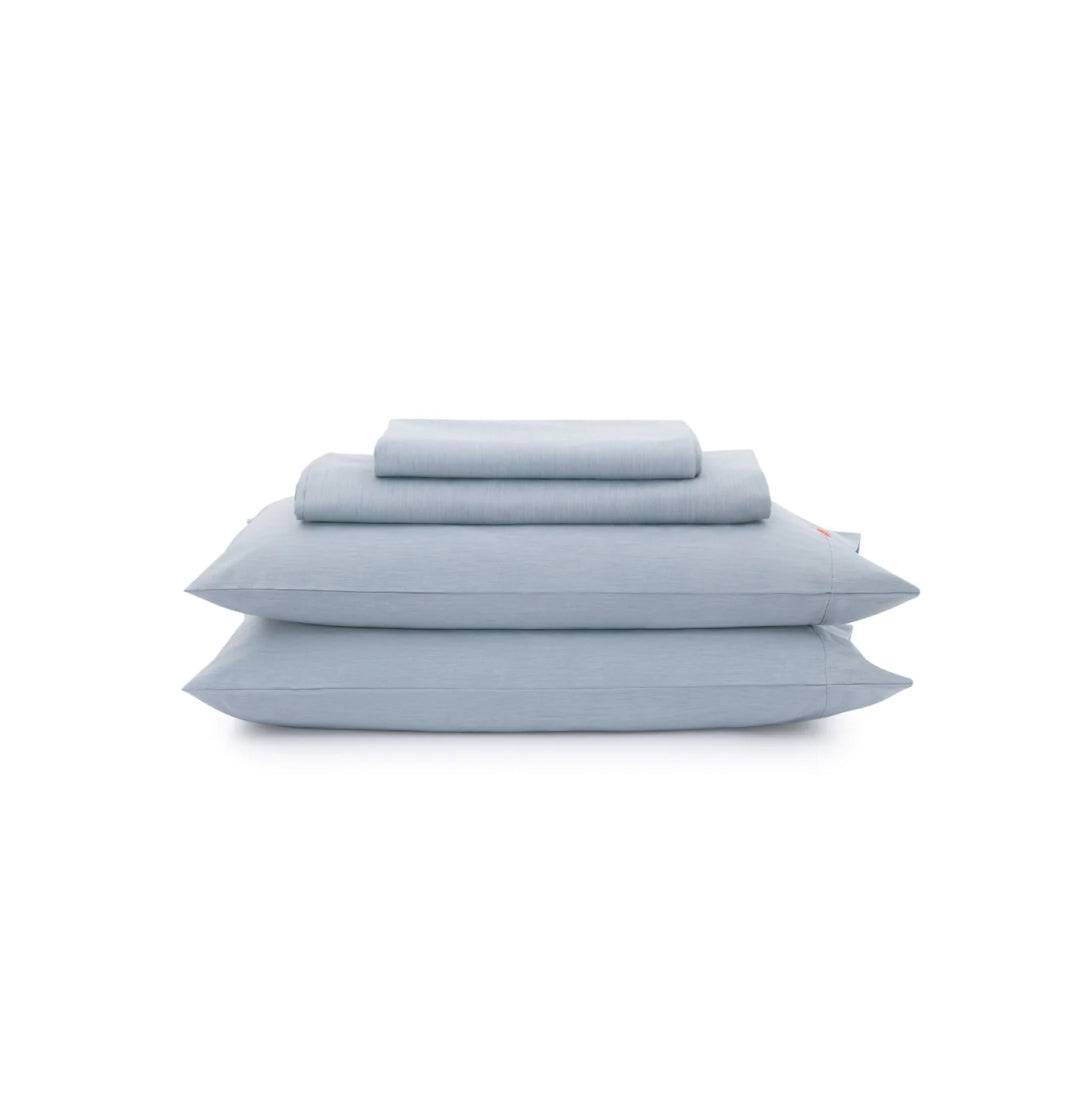
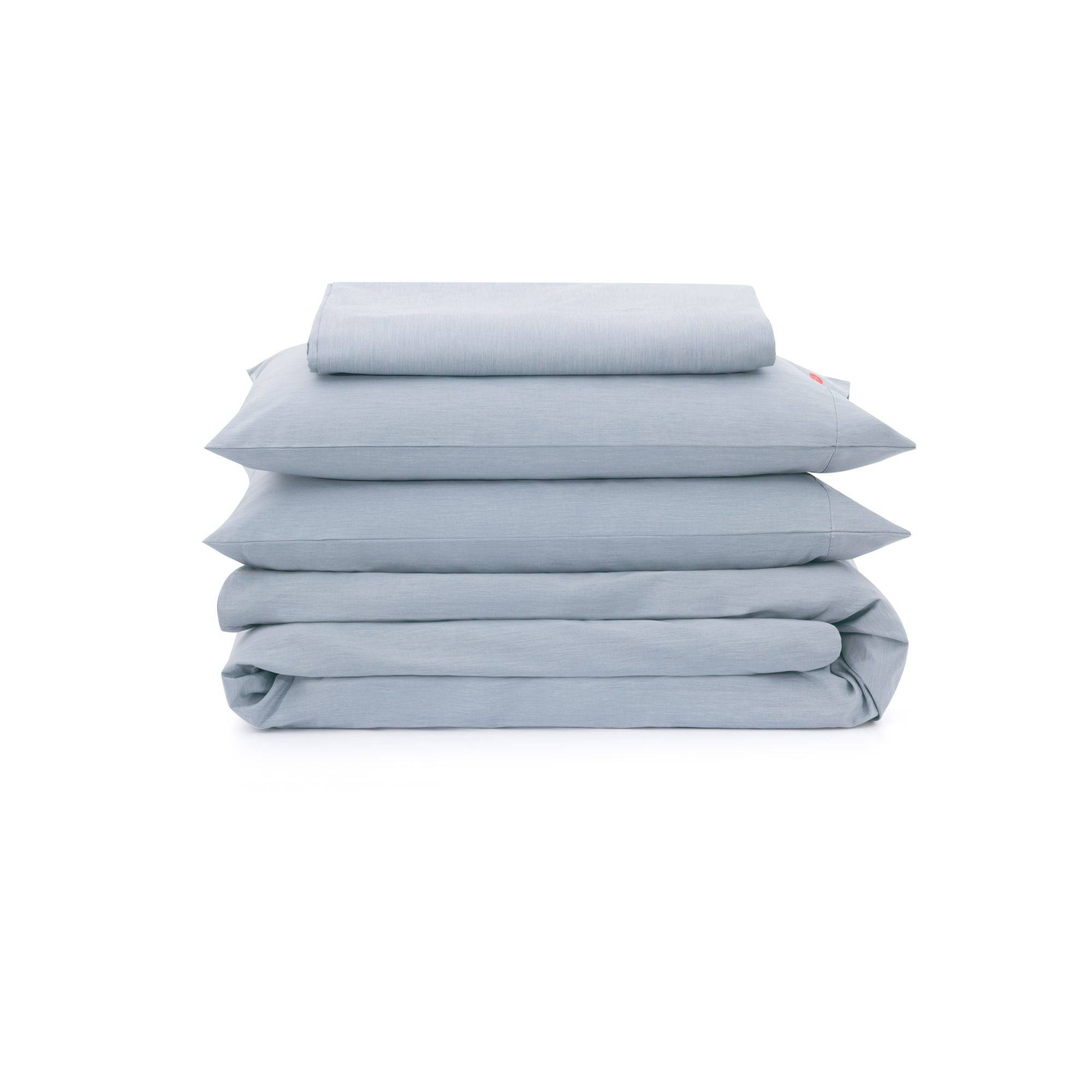
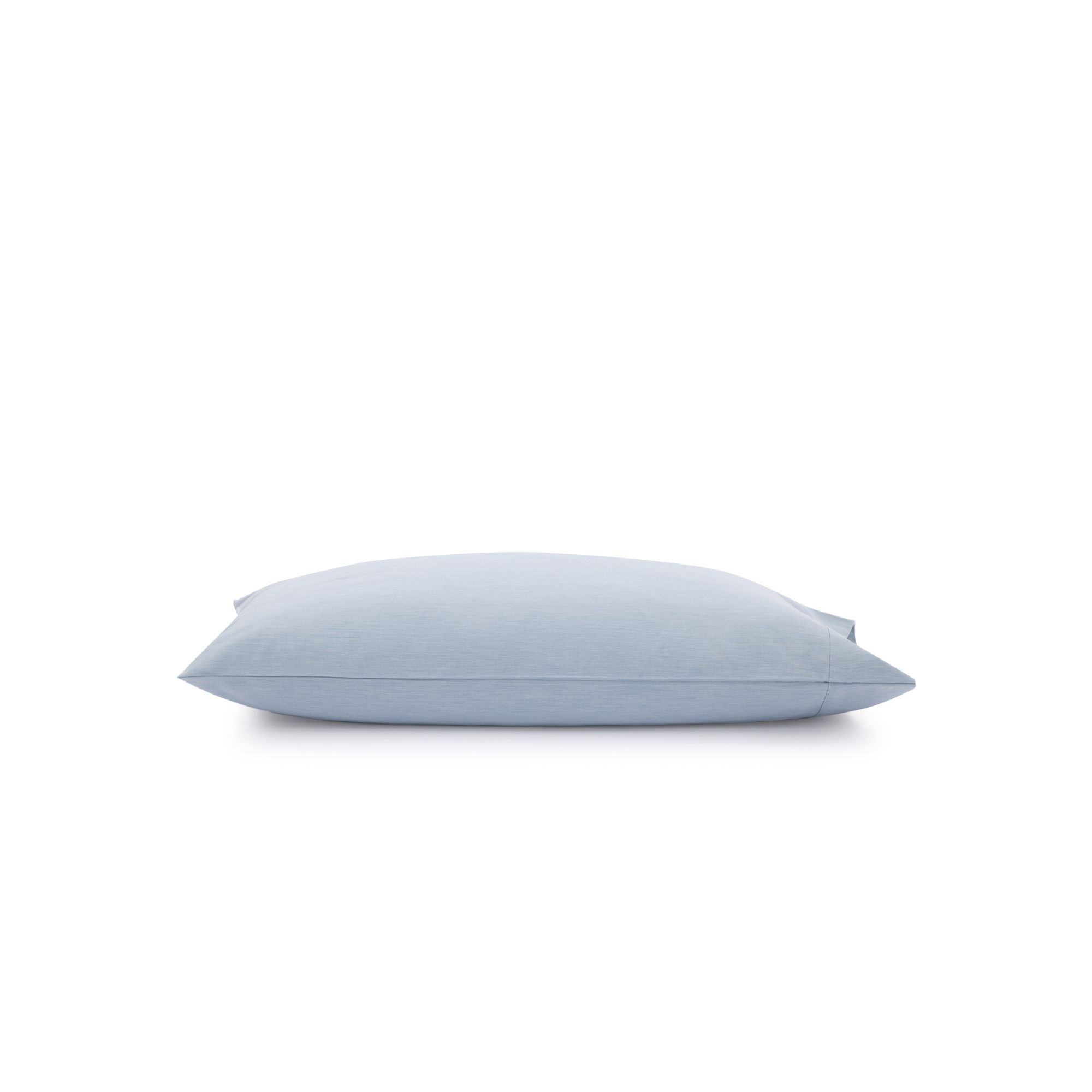
 Bedding
Bedding
 Clothing & Accessories
Clothing & Accessories
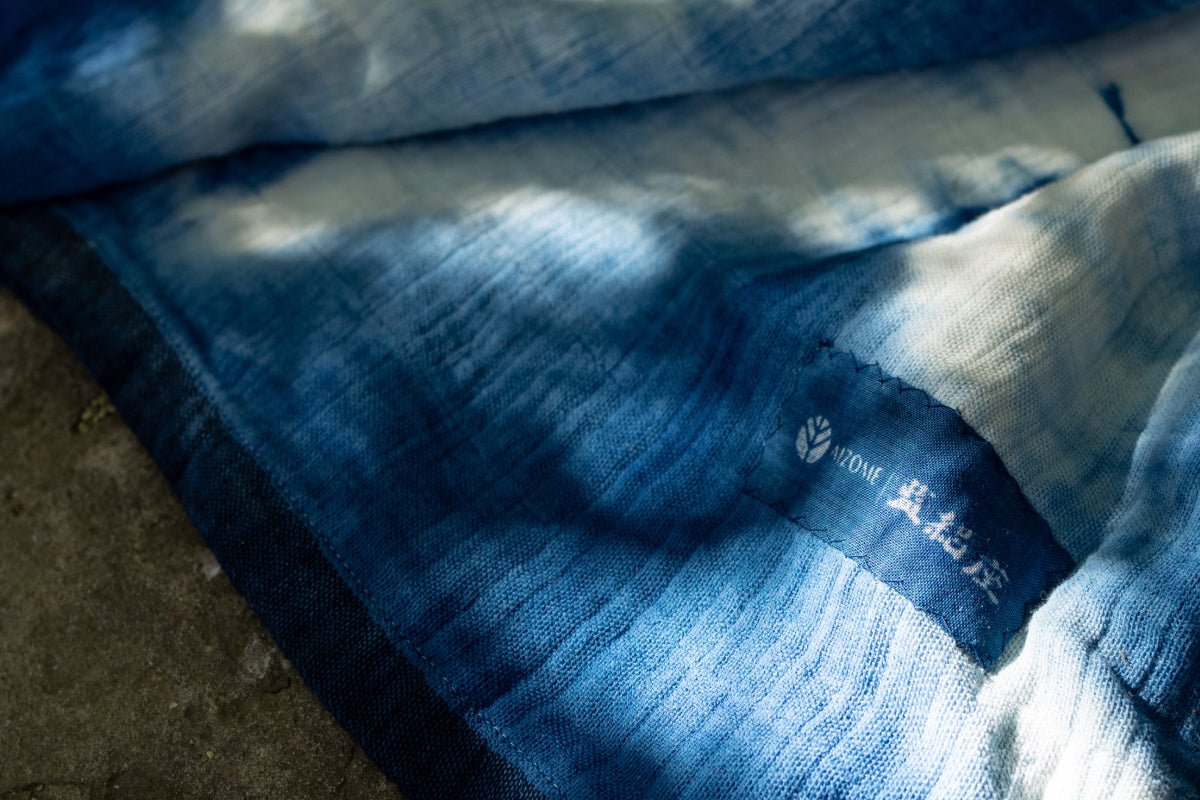 Artisan Line
Artisan Line